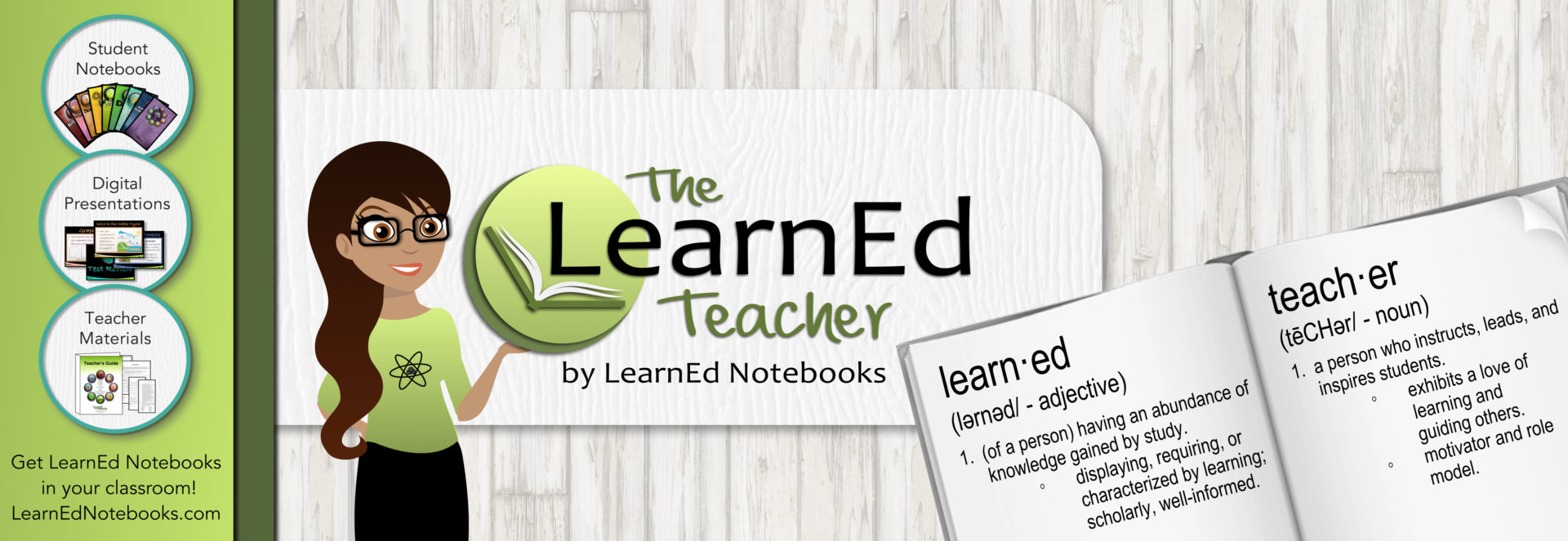RELATED: MIXING EMPATHY WITH EXPECTATIONS
In my teaching this year, I set a goal to pay special attention to the success of my different instructional techniques. The results are not surprising, but somehow I was still caught off guard. I made specific notes on the time spent working note-taking, researching information, completing inquiry-based activities, and time spent in the lab. There were units where I felt we didn’t have enough time to get into the labs because I got so caught up in making sure everyone knew their vocabulary and key concepts. As I stood in front of my classes and saw their eyes glaze over, I knew I had to make a change. And that change involved rolling up our sleeves, challenging myself to incorporate new activities and labs, and challenging my students to push the envelope.
What I discovered was that there was an overwhelmingly positive response. Even if Madison didn’t know the definition of “enzyme” going into our chicken liver lab, she sure did afterward. Even if Jalen didn’t know the meaning of anaerobic respiration before our race to fermentation, he could provide me with the equation afterward. If I felt like Michael wasn’t prepared for basic lab work, he certainly surprised me when I turned him loose on an inquiry project. And the list goes on. When we didn’t have time to do every lab we wanted to do, we watched quick videos that showed amazing concepts related to our unit. We still cover the content but we make it exciting and they are in charge of their learning. As we review for the EOC, I’m finding myself spending more time going over the concepts that I thought I had covered in the most detail. I had simply failed to let my students experience the science that went along with that instruction.
RELATED: THE ONE THING THAT CHANGED THE WAY I TEACH
Bottom line: If the instruction is memorable, the content will be memorable. Students of all ages are naturally going to get more excited when they can dive head first into science. If all else fails, remember the acronym G.R.O.W. Make it Gross, Relevant, Open-ended, and Weird if you want your students to truly succeed in science.
Follow these links for quick demonstrations that you can use in your classroom and remember: there’s ALWAYS enough time for a lab!
Follow LearnEd Notebooks on social media! Pinterest // Facebook // Instagram // Twitter // YouTube
________________________

LearnEd Notebooks provides teachers and students with an innovative notebooking solution. We specialize in providing educators with a unique curriculum that allows you to break free from conventional methods of instruction and spend more time on labs and inquiry-based science. We provide the framework of an interactive notebook with the flexibility of teaching strategies that seamlessly integrate with each teacher’s own methods of instruction. Our complete programs include printed student notebooks, digital presentations, and access to teacher resources — each focusing on diverse learning styles and engaging instructional strategies.
Click here to get LearnEd Notebooks in your classroom!
________________________




